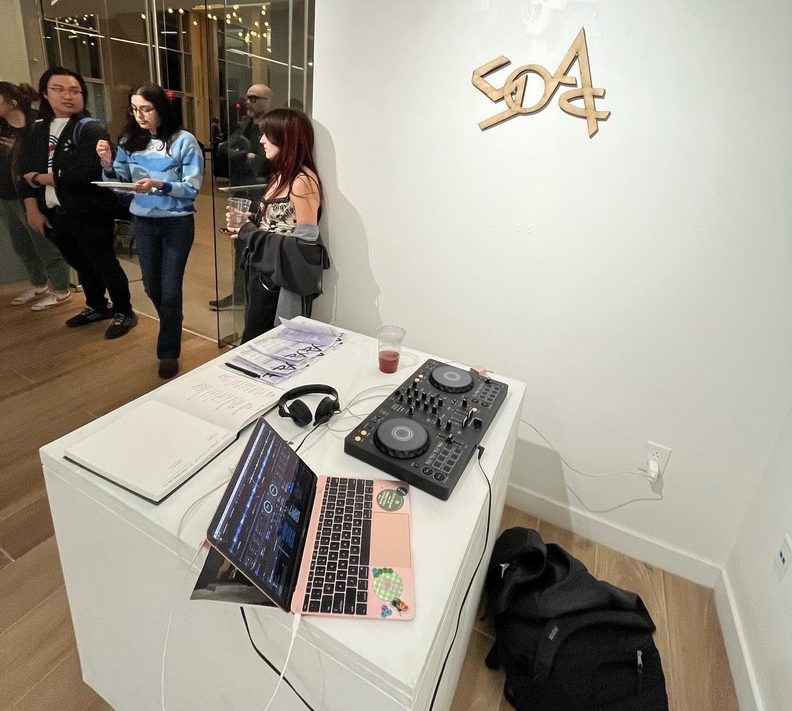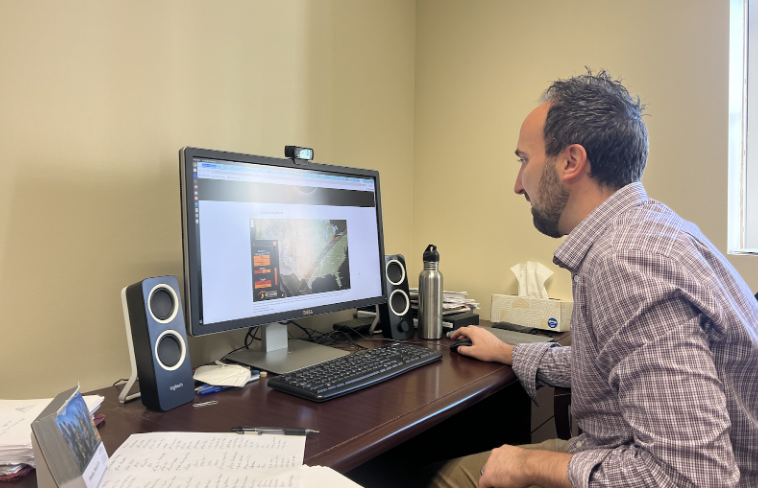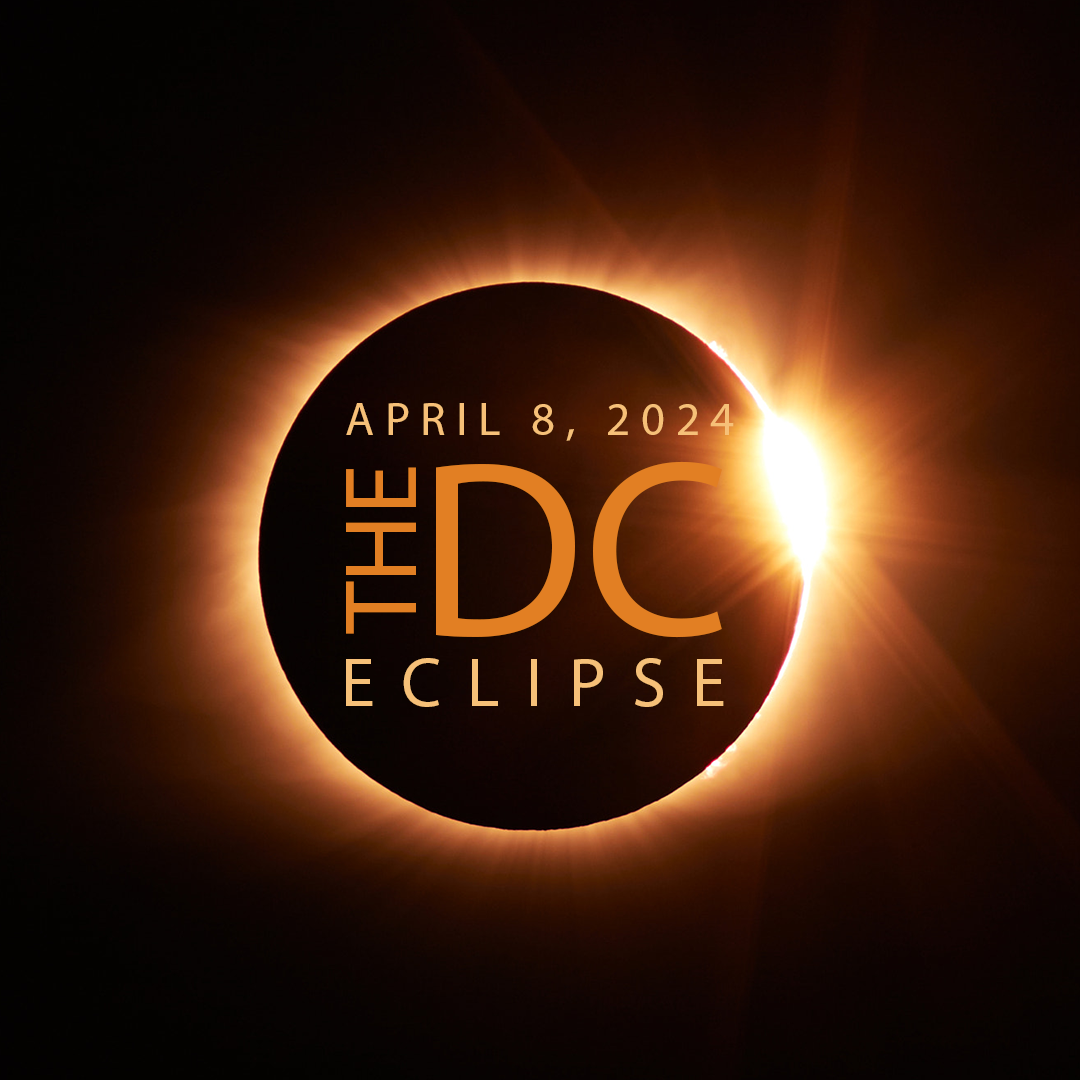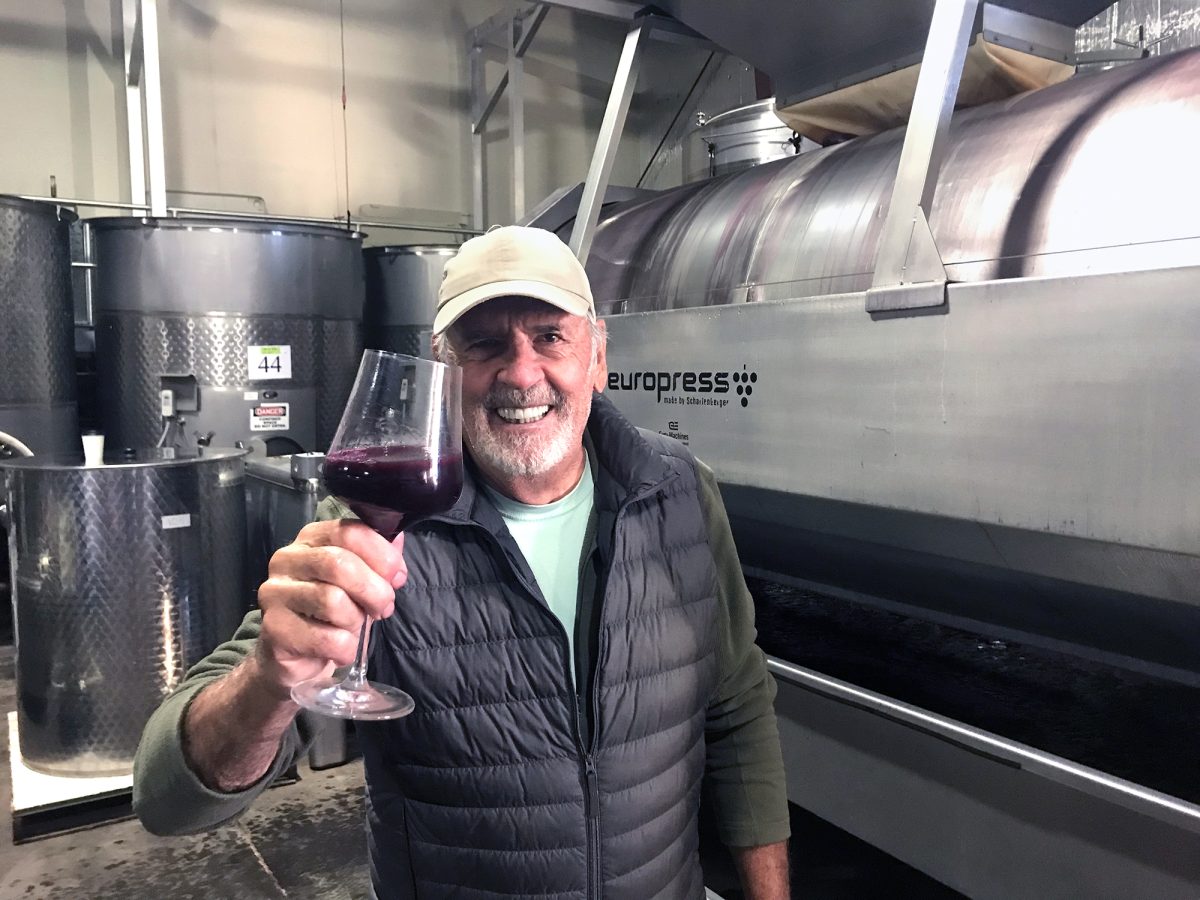The stage has been used for centuries to explore mankind’s fears, anxieties, hopes and dreams. Last Thursday night those fears, anxieties, hopes and dreams took center stage once again.
SMU students Alia Tavakolian and Piper Werle wrote and produced a play that opened in the Margo Jones Theatre on Dec. 1. The two are recent winners of the Meadows Exploration Award and the play, “Babela Rasa,” is an exploration of international relations.
“This play is our exploration of these really overwhelming things that are happening in our country today and that are happening, more importantly, all over the world right now,” Tavakolian said. “We don’t presume to understand everything or to have a solution for everything or even anything, but we do want to explore this with people.”
However, this is international relations with a twist. The play will use science fiction as its medium.
“It became necessary to make it science fiction because it’s the only way that we could reconcile these really huge ideas,” said Tavakolian. “The purpose of science fiction is not just for fun, but to actually try to talk about these really complex ideas through the lens of fantasy.”
It all started with an Iranian theater festival in New York, and an article in The New York Times.
Tavakolian- whose father is Iranian- didn’t equate theater with Iran until seeing the article.
“I’m studying theater, I’m dedicating myself to this art that, in many ways, defines me- as does Iranian culture,” she said. “But I never married the two until I read this article in the Times and they featured this playwright Nassim Soleimanpour who is a prominent playwright in Iran.”
Tavakolian was given the opportunity to go to Iran to see this theater scene for herself.
“It’s definitely not dying. It’s probably more vibrant than it is here in the States,” she said. “People find it necessary there because it’s an outlet. It’s sort of performance as revolution or performance as protest as opposed to performance for performance sake.”
Werle was not able to get a visa to get into Iran so she stayed in the U.S. and researched the history of Iran, the history of Iranian-American relations, Middle Eastern poetry and Iranian memoirs.
To assist with the production and research for the piece, the playwrights received the Meadows Exploration Award. The award is given out three times a years to applicants for various research projects.
The play featured six actors playing over 30 roles.
“In the beginning it was a convention we wanted to play with. This idea of not solidifying who can play who or who can play what,” Tavakolian said. “It’s become one of the most interesting things I’ve had to do and one of the most challenging things I’ve had to do as an actor. Specifying characters is incredibly difficult, making them real and not making them caricatures.”
She believes that the show will be important for students to see.
“It’s relevant to what’s happening in our world right now. It addresses the concerns of our future as a country and as a planet,” she said. “We’re trying to take those ideas and those things you see on CNN or Fox or wherever and theatricalize them and make them a little bit more accessible and a little bit more real for people.”
Werle does not know what kind of experience people who see the play will have.
“They might hate it, they might like it, but I think they’ll definitely leave feeling something and having some sort of opinion, which I think is awesome,” she said. “What’s so great about theater is that it leaves people with something to talk about.”
The play is a workshop production. That means that after last week’s performances the playwrights will tweak and adjust as necessary.
“Because this is a workshop production we need a bunch of different people coming so that we get a wide variety of feedback,” said Werle. “We will absolutely go back to work on this show, but because we’re performing it we just had to stop writing at some point.”













